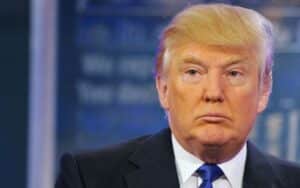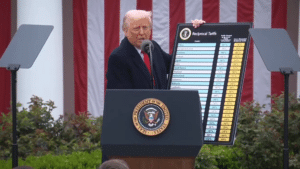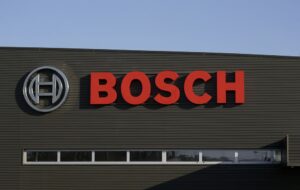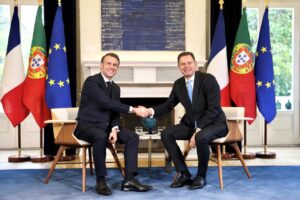NOW THAT the dust has settled on the UK election, it is interesting to look back at three of the stranger results.
The first is that the Conservatives actually polled more votes than Labour in England, yet won far fewer seats. This is not an argument for proportional representation: it is an argument for urging that constituency boundary reviews that are supposed to reflect shifting population trends more fairly are updated more briskly.
The second is that 39 per cent of the UK electorate did not bother to vote, either because they simply didn’t care or because they felt that none of the parties spoke for them. With Labour only getting 36 per cent, this is the first time that more people didn’t vote at all than did vote for the winning party.
The third is that Europe was scarcely mentioned as an issue. True, it was constantly mentioned by the UK Independence Party who had little else to say. But the vast majority of UKIP candidates got less than 5% of the vote, thereby losing their deposits and simply gifting several hundred thousand pounds to the Government.
With the UK assuming the six-month Presidency of the European Council in a matter of weeks, and with France and the Netherlands both due to hold a national referendum on the proposed EU Constitution, the future of Europe is indeed an issue whether or not it featured in the UK election.
This was brought home to me with a different perspective merely three days after Election Day, when I attended one of the many VE Day events celebrating the 60th anniversary of the end of the World War and the surrender of Nazi Germany. For the West, it was the beginning of sixty years of peace: for many in Central and Eastern Europe it was the beginning of forty-plus years of enslavement by Soviet Russia. That too is now behind us, and this VE Day is the first significant anniversary which fellow Europeans from East and West have been able to celebrate freely together.
It was inspiring to see so many fine old men marching as firmly and proudly as they must have done when they were fine young men all those years ago. We owe it to their memory to ensure that never again can people fight each other across Europe. Never again can we allow forty million lives to be sacrificed. Neither can we ever again permit distorted views of racial supremacy to victimise minorities. This is also the 60th anniversary of the liberation of Auschwitz.
We need to forge a new Europe that is peaceful, prosperous, and undivided, one that promotes freedom rather than suppresses it. Securing such a Europe is the biggest issue of all.
Every good wish
Philip Bushill-Matthews MEP
























